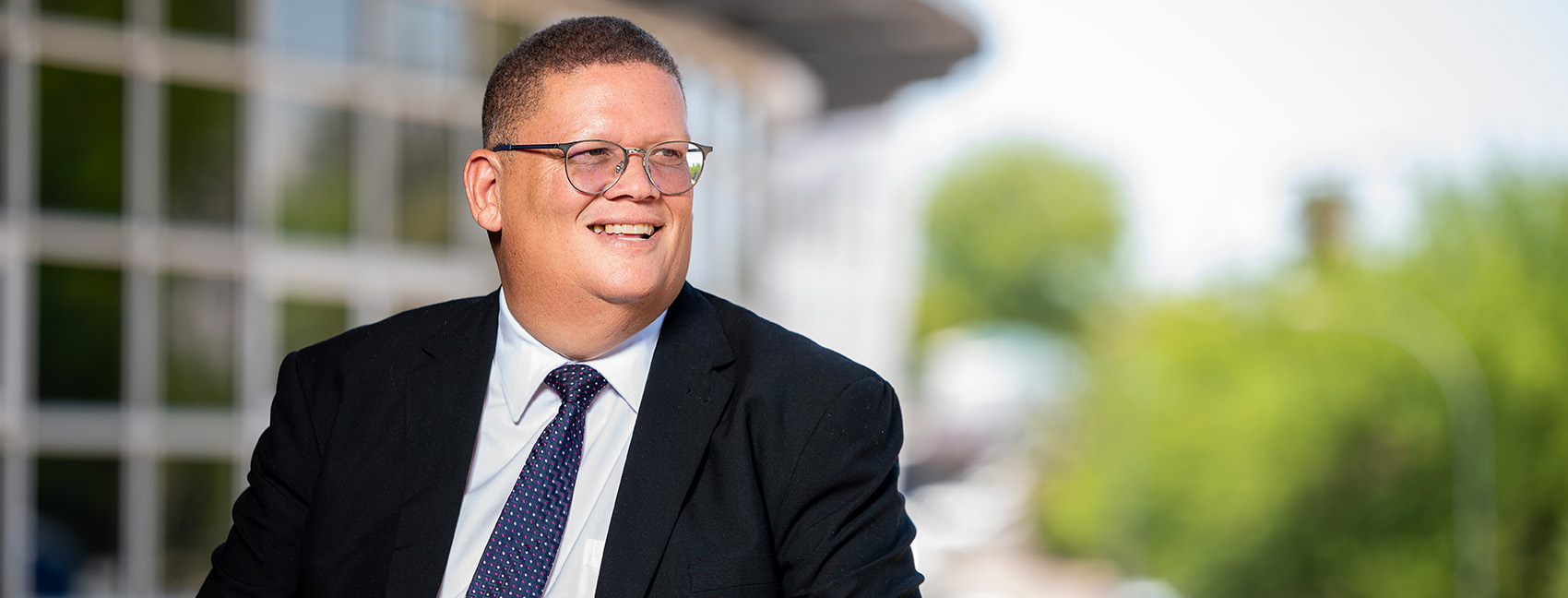
By Roger Gertze, MultiChoice Namibia Managing Director
From gold medals and funny memes to dedicated SuperSport channels, the Paris 2024 Olympics celebrated the sporting and human spirit. Beyond the record-breaking feats, it reminded us of the profound lessons in the pursuit of excellence.
Africa's Olympic champions, like Letsile Tebogo and Kaylia Nemour, made us proud, but the real insight for corporate leaders lies in the strategies and mindsets behind their success.
Though Olympic athletes and corporate leaders may seem worlds apart, they share a pursuit of high performance. It's not just about hitting targets—it's about precision, focus, and relentless improvement, qualities that both Olympians and corporate leaders must embody.
These are lessons that, if embraced, can propel organisations towards their own versions of gold:
1. The journey to Olympic greatness is never solitary.
Athletes are supported by an intricate web of coaches, analysts, and support staff who meticulously monitor, adjust, and refine every aspect of their performance. Similarly, corporate leaders must build and lean on robust teams—people who not only understand the broader vision but are instrumental in actualising it.
2. Have a clear vision but be adaptable.
Clarity of vision is vital in the world of high performers. Staying true to organizational goals while having the ability to adapt is a non-negotiable trait in business. A high-performing leader must be as agile as Vera Looser on a mountain bike, navigating a grueling race while maintaining an unwavering focus on the finish line.
3. Foster a culture of feedback.
High-performance athletes thrive on a tight feedback loop—constantly refining their techniques and strategies based on real-time data. This is a lesson corporate leaders must internalise. Fostering a culture of continuous feedback and improvement, where the focus is on the quality of outcomes rather than the quantity of tasks completed, is essential for driving sustained success.
Olympic athletes are relentless in measuring their performance, constantly tracking their progress with precision. Performance management systems that encourage regular feedback and continuous development are vital for sustaining high levels of achievement.
4. Innovation is a competitive edge.
The Paris Olympics underscored the razor-thin margins that separate triumph from defeat. Consider the men’s 100m sprint that saw the United States’ Noah Lyles claim gold ahead of Jamaica’s Kishane Thompson by just five thousandths of a second!
These fractions of a second highlight the intense competition and the precision required to be the best. The lesson here is evident; innovation and adaptability are not just advantageous -they are essential.
Showmax, for example, has managed to differentiate itself from its competition by offering a high-quality user experience, with a user-friendly interface and innovative features that resonates specifically with African audiences.
5. Success requires continuous learning.
Just as athletes depend on their coaches for guidance, corporate leaders must also seek mentorship and constant learning. The best in the world never stops improving, and neither should those at the helm of organisations. Implementing mentorship programs and inclusive leadership training is crucial for preparing a diverse pool of employees for leadership roles, ensuring that the next generation of leaders is well-equipped to navigate the complexities of the modern business landscape.
6. Learn from mistakes.
Much like in the world of sport, success is not guaranteed nor is it consistent. Every setback, every loss, teaches resilience—a trait embodied by Namibian athletes like Alex Miller who crashed out of the men’s cross-country MTB race in Paris. However, despite unplanned challenges, he demonstrated that it’s not the fall that defines us, but how we rise.
Corporate leaders must create a culture where failure is not seen as a setback, but as an opportunity to learn and grow. This requires a shift in mindset, away from fear of failure and towards a mindset of continuous improvement.
7. Gritt is the secret ingredient.
The road to Olympic glory is often fraught with injuries, setbacks, and disappointments, but athletes who persevere and bounce back are the ones who ultimately succeed. Corporate leaders must cultivate resilience in their teams, helping them to overcome obstacles and emerge stronger.
The lessons learned from the Paris Olympics are not just relevant to athletes but corporates as well. Embracing the values of high performance, teamwork, adaptability, mentorship, failure, and resilience, organisations can create a culture of excellence that drives sustained success.
As we all look to collectively grow the future of Namibia, let us not forget to enjoy the journey, as well as celebrate the moments along the way, taking a page out of the book of Turkish air pistol shooter Yusuf Dikec, who encapsulated the greatest ‘cool under pressure’ energy while on his way to claiming silver.


